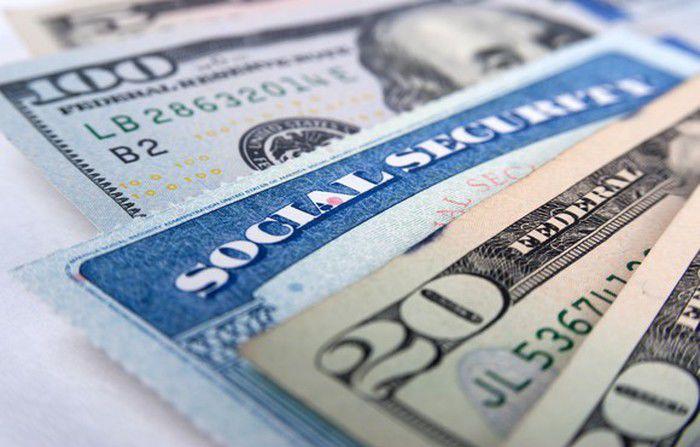
Claiming Social Security benefits early could reduce the monthly payments you receive by as much as 30%, but taking these benefits early can help many people retire better and sooner. In fact, here are three reasons why you may want to take your Social Security benefits at age 62, rather than delaying until your full retirement age, in order to get bigger checks later on.
1. You’re an excellent investor in a strong cash position.
If you have done a superior job saving for retirement, or you plan to be working while receiving income from sources other than Social Security like your own retirement accounts, then you may be able to make your benefits go further by investing the income you receive from Social Security in the stock market.
It’s true that the size of your Social Security checks will be reduced if you claim your benefits before your full retirement age (FRA). as defined by the Social Security Administration (SSA). But workers often overlook the fact that they will receive more, albeit smaller, checks by filing before their FRA.
As an example, let’s say you were born in 1960 or later and are entitled to a $1,500 monthly benefit at your full retirement age of 67. If you claim Social Security at 62, your checks would instead be $1,050, a sizable difference. Yet you would also receive 60 more checks than you would had you filed later, coming to $63,000 in total excess benefits.
If you’re able to invest this money — and you invest it well — you could end up with more wealth than if you had waited to claim Social Security. But before you decide to use this strategy, be aware of the risks and honest about your abilities as an investor. Don’t invest any money you’ll need in the next three years.
2. You need the money immediately for living expenses.
Unfortunately, most Americans are not in a position to invest their Social Security benefits because they depend on the money in the near term. If you need the money to pay your current living expenses, there’s no reason to feel bad about taking Social Security at 62.
Taking benefits early could be a very smart financial move, when compared to the alternatives like using credit to take on debt. Often people fall into debt as they struggle to make ends meet. Credit card balances spiral quickly out of control, and as high interest rates and penalties for late payments pile up, it can be extremely difficult to escape from this debt trap.
So if you’re struggling financially, rather than taking on debt, the better move could be to claim Social Security early and use this income to strengthen your financial situation.
3. You are likely to die younger.
Many people don’t know that regardless of whether you claim Social Security benefits at 62 or 70 or any age in between, the total amount of money you receive is designed to be the same on an inflation-adjusted basis. Six of one, half a dozen of the other, goes the saying.
The payments are based on average life expectancies. File early and you get more monthly payments but less money per check. File later and you get fewer payments but more money per check. Either, way, it’s expected to be about the same amount of money — if you live an average lifespan. While most people won’t die exactly at their average life span, this age serves as a baseline.
What is an average lifespan? According to the Social Security Administration, “a man reaching age 65 today can expect to live, on average, until age 84.3” while “a woman turning age 65 today can expect to live, on average, until age 86.7.”
If instead, you live a longer-than-average life, waiting to file for Social Security until your full retirement age will likely result in you receiving more money on an overall basis. That’s because once you reach your break-even age, the larger checks you receive will have made up for the fewer number of payments. This is also why many financial advisors recommend that people wait to file for their Social Security benefits. The larger payments can provide a form of longevity insurance, meaning you’ll have more money to live on when you’re older.
However, if you think you may live a shorter-than-average life, it could make sense to file for your benefits at 62. Factors to consider when estimating your own lifespan include your health, your family history and your genes. You’ll receive more payments while you’re alive, when you can use — and hopefully, enjoy — them.
When should you take Social Security?
Everyone’s situation is unique, and there are a host of factors that need to be weighed. It can sometimes make sense to claim your benefits at 62, and sometimes it pays to wait — perhaps even until you turn 70. Calculate your break-even age, and take the time you need to study the potential benefits and risks for claiming your benefits at different ages, so you can make the best choice for your personal situation.
